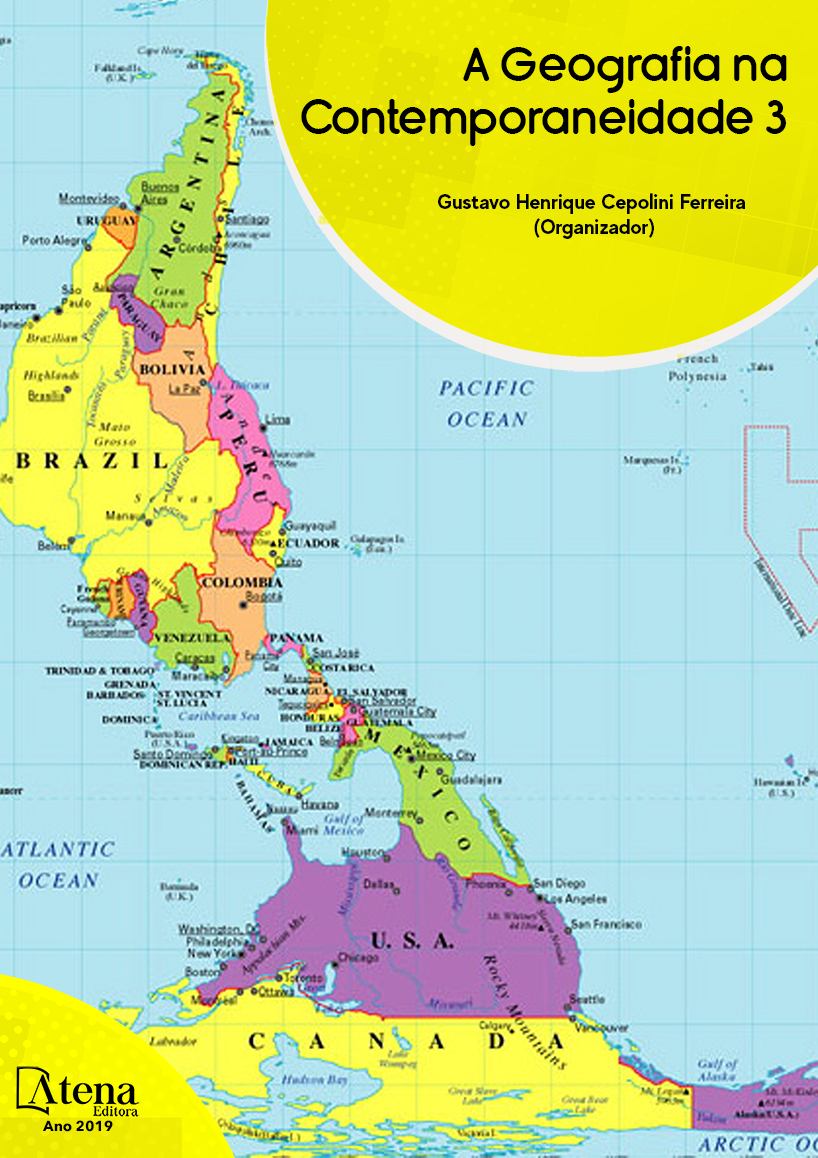
O TRABALHO DE CAMPO COMO RECURSO DE ENSINO EM GEOGRAFIA
Neste texto buscamos ressaltar
a relevância do trabalho de campo como
recurso de ensino, mais especificamente sob
a perspectiva da Ciência Geográfica. Para
tanto, estruturamos esta análise pautados em
um referencial teórico formado por diferentes
autores da área da Geografia, mas também
da Antropologia, da Educação e da Educação
Ambiental. Partimos de uma breve retomada dos
caminhos percorridos pelo trabalho de campo
nos estudos geográficos e na construção de
sua compreensão enquanto recurso de ensino.
Na sequência, sistematizamos diferentes
etapas que, contempladas, podem contribuir
para um maior aproveitamento e êxito na
atividade. Por fim, constatamos que o trabalho
de campo sempre figurou de forma significativa
para a Ciência Geográfica, constituindo-se num
eficiente recurso de ensino, uma vez que é
capaz de desenvolver a observação crítica, o
espírito científico e o maior entendimento das
ações individuais e coletivas no tempo e no
espaço.
O TRABALHO DE CAMPO COMO RECURSO DE ENSINO EM GEOGRAFIA
-
DOI: 10.22533/at.ed.3991903078
-
Palavras-chave: trabalho de campo – recurso de ensino – geografia.
-
Keywords: outdoor activities – teaching resource – geography.
-
Abstract:
In this article, we seek to highlight
the importance of outdoor activities as a
teaching resource, focusing on Geographical
Sciences. To achieve this goal, we structured
this analysis based on a theoretical background
of different Geography professors, but also
with researchers from Anthropology, Education
and Environmental Education. We start with a
brief reminder of the paths followed by outdoor
activities in Geographical Sciences and in the
building of its recognition as a teaching method.
Afterwards, we schematized different stages
that, if fulfilled, can contribute to a better success
in the activity. At the end, we verified that
outdoor activities have always been important
for Geographical Sciences, being an efficient
teaching resource, considering that it allows
those involved to develop and enhance their
critical observation, their scientific spirit and
their understanding of individual and collective
actions in time and space.
-
Número de páginas: 15
- Márcio Estrela de Amorim


